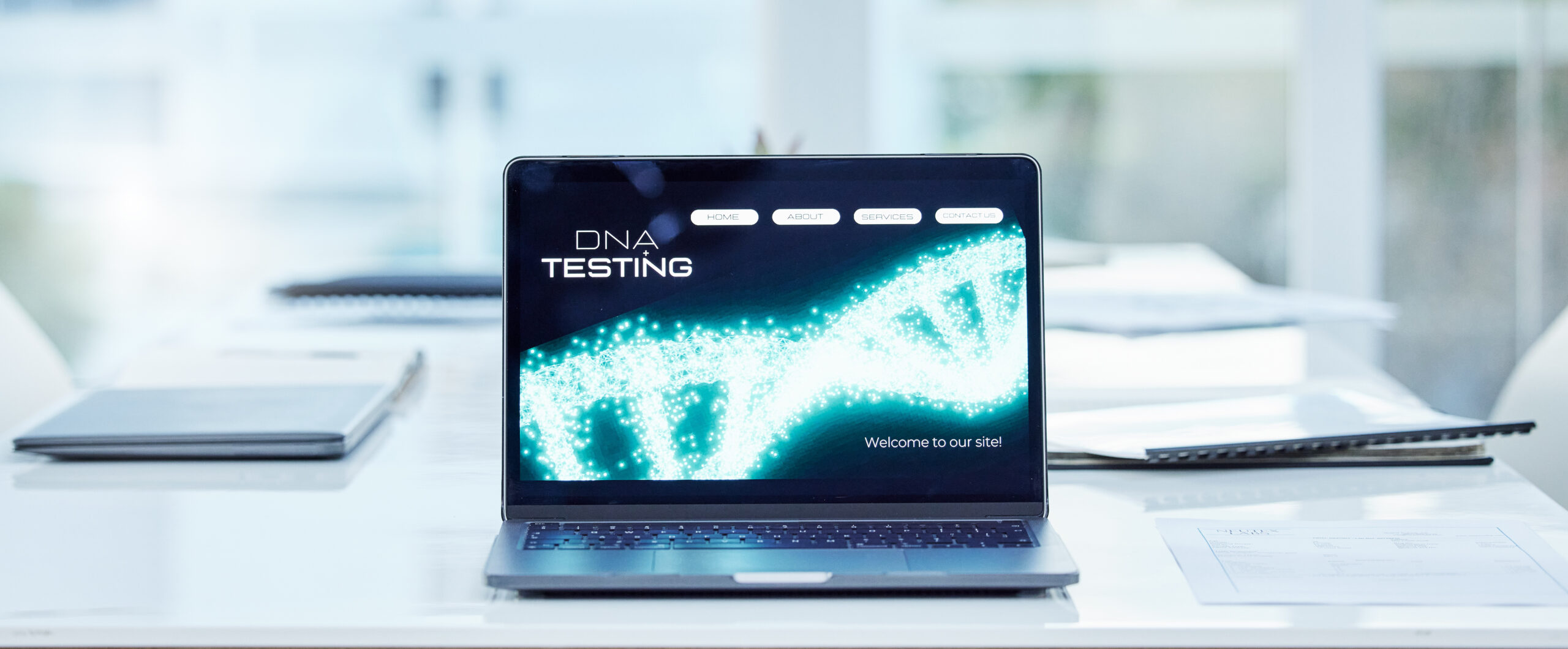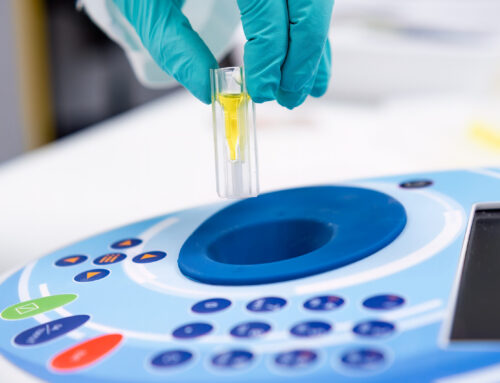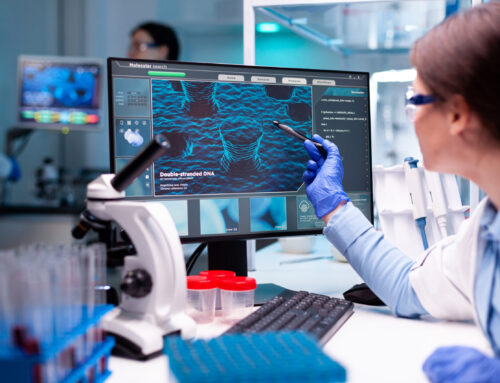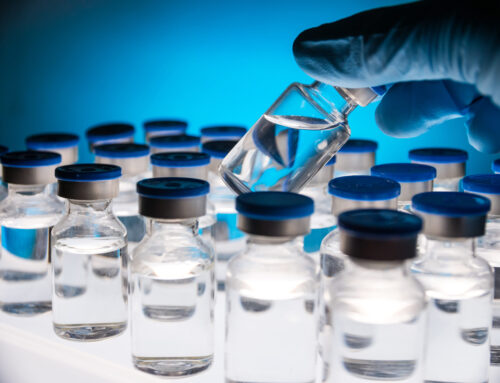We provide advanced genetic services designed to help you better understand your unique biology. Using either our own Mitotics® DNA Analysis Kit or raw data from third-party companies like 23andMe, we transform your genetic information into actionable insights about your health.
Our Gene Variance Report compiles data on thousands of disease-related genes and includes analysis of over 600,000 SNPs (Single Nucleotide Polymorphisms). Alongside this report, we provide reliable resources so you can dive deeper into understanding your genetic blueprint. This knowledge is more than just data—it’s a step toward informed decisions about your health and wellness.
Why Raw Data Matters
When you submit your DNA for testing, what you receive is called genetic raw data. This dataset contains the sequence variations that make you unique. To build a comprehensive genetic report, we require two key pieces of information:
- rsID (Reference SNP cluster ID) – a unique number assigned to each identified SNP, allowing researchers to pinpoint its exact location.
- Minor Allele – the less common version of a genetic variation, which can influence how your body responds to certain conditions or treatments.
If your data comes from a company other than Mitotics®, it’s important to confirm that your file includes both the rsID and Minor Allele information. Without it, the results may not be sufficient for accurate interpretation or treatment-related decisions.
Commonly Used Genetic Terms
To make your report easier to understand, here are some of the most frequently used terms in genetics:
- SNP (Single Nucleotide Polymorphism)
Pronounced “snip,” an SNP is a single-letter change (A, T, C, or G) in your DNA. For example, if one person’s DNA sequence reads AAGCCTA and another’s reads AAGCTTA, this tiny difference represents an SNP. While small, these variations can have big implications for health and traits. - Allele
An allele is simply a variant form of a gene. Because humans inherit one allele from each parent, we carry two alleles at every genetic locus. Some alleles are neutral, while others may influence everything from eye color to disease risk. - rsID
Every SNP has a unique identifier called an rsID. This number makes it easier for researchers and clinicians to track specific variations in scientific studies and genetic databases. When a new SNP is discovered, it is submitted to the dbSNP database and assigned an rsID, ensuring consistency across research worldwide.
The Mitotics® Advantage
Our mission is to go beyond simply providing you with raw genetic data. With Mitotics®, you gain access to:
- A detailed Gene Variance Report with over 600,000 SNPs analyzed
- Educational resources to help you understand what your results mean
- Clinically relevant insights that can guide lifestyle, nutrition, and treatment-related decisions
By unlocking the hidden information within your DNA, we empower you to make informed choices for your health and future.
Kim Lockheimer, DFM, PhD – Molecular Oncology & Clinical Solutions





